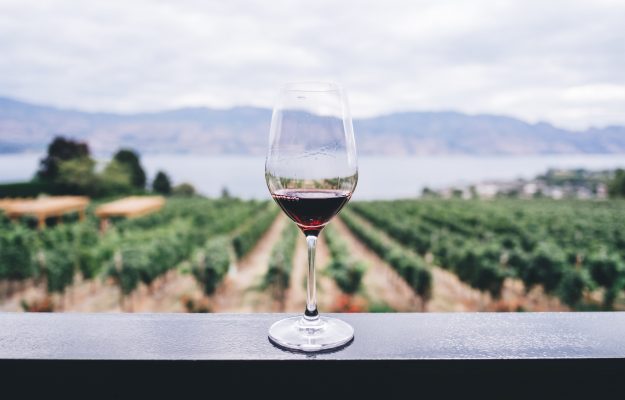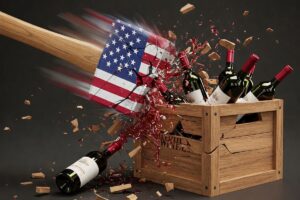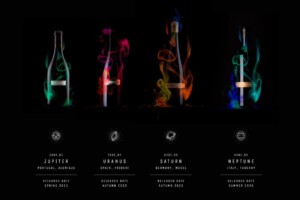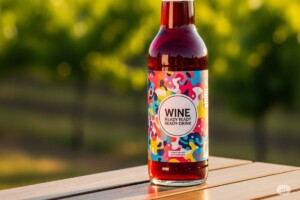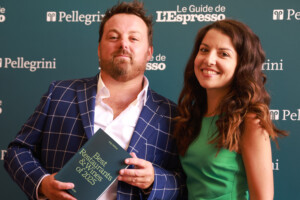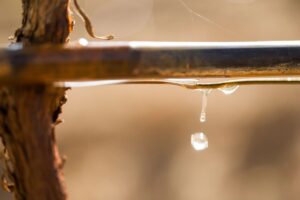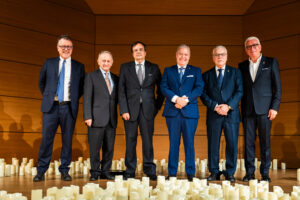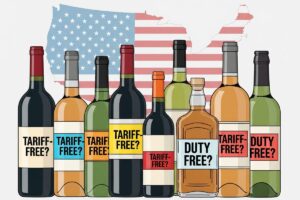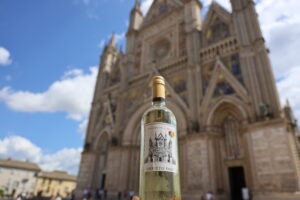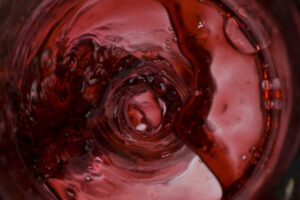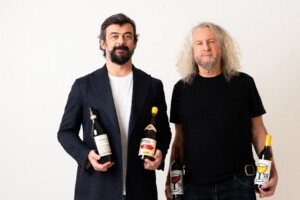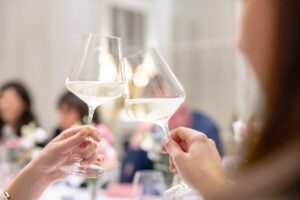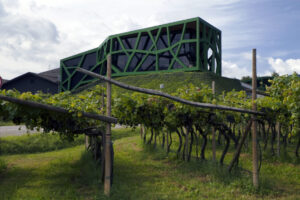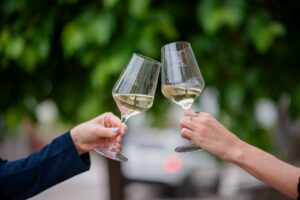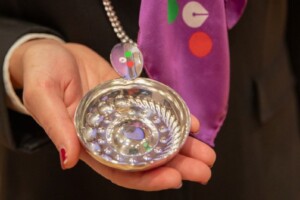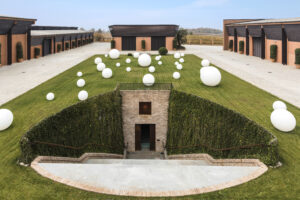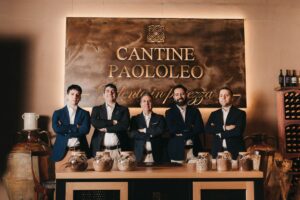In the short period from October 15 to November 6, the word “sustainability” appeared in the archives of “Corriere della Sera”, Italy’s leading daily newspaper, in 270 articles. This is just one of the indicators of the “overexposure” to which everything, rightly or wrongly, true or false, is subjected on the subject. An issue that closely affects the wine sector, which, in agribusiness, is the most advanced in terms of sustainability protocols. From overexposure to (consumer) indifference, however, is a short step, as the results of some surveys already show, and so it is urgent for the sector to question how to communicate the efforts in this direction that many companies have already made and others are about to make. Hot topic that, at Wine2Wine, at Veronafiere, was addressed, in two meetings, both with significant titles. “Sustainability is the new keyword of the Belpaese that has taken the place of “resilience””, pointed out Giulio Somma, editor of “Corriere Vinicolo” - who moderated the meeting organized by Unione Italiana Vini (Uiv) - “the unsustainable communication of sustainability”. A term that is increasingly on everyone’s lips, sustainability is also sometimes a serious matter, and that is precisely why too many “Portuguese” are jumping on the bandwagon, undermining the relationship of trust between companies and consumers”. A bandwagon on which there are already many virtuous companies that have started “on time” and are already certified.
“Sustainability is undoubtedly a fundamental path for Italian wine, but as long as there are no compromises”, stressed Lamberto Frescobaldi, president of Uiv, “because at sustainability is subject to greenwashing. We want to preserve Italian wine from this dangerous drift: for Unione Italiana Vini, sustainability makes sense only if it is measurable, and the wine world wants to give answers, not sell greenwashing; it would be a resounding boomerang. Now, with the single national standard, the sector has a unique opportunity to give a serious answer and, as of the next harvest, also certify its wines with a recognition mark, on the New Zealand model”. The situation is also the result of a positive push by consumers to demand products that are increasingly “natural”, “healthier” and also socially acceptable. The side effect has been the production of a great deal of communication about sustainability. If companies are to properly communicate real and measurable actions, journalists and news media have a very important responsibility to box out greenwashing.
“A continuous background noise has been produced”, said Luciano Ferraro, deputy editor of “Corriere della Sera”, for which he also publishes a guide to the best winemakers and the best wines of Italy with Luca Gardini, “within which it is difficult to distinguish fakenews, that is, greenwashing. On the other hand, it is impossible for us to verify every news story. By following the money we understand so many things. It is no coincidence that in the U.S. Investment Funds on “sustainability” amount to $3 billion this year versus $1 billion in 2019. Significantly, the Sec, which is the U.S. Securities and Exchange Commission, intervened to sanction three companies for a fuel, a textile and a mineral water for false advertising. But these are only three cases out of a very large communication”. Certification, as it has been in the case of organic, is the cornerstone of recognition. Standards are the only tool to present oneself correctly, but they must be serious and based on measurable data, as in the case of Equalitas, which covers all three pillars of sustainability, environmental, economic and social. Certification has been achieved by a gradually increasing number of companies: in 2017 there were 9, in 2019 there were 16, in 2021 there were 90, in 2022 there were 180, and by the end of the year there will be 200. Another 260 are in the process of certification. And today’s numbers in terms of volume and value are important: about 25 percent of the sector’s turnover, amounting to 3.2 billion euros out of about 12 in the sector, and 7.5 million hectoliters of wine by volume. That is 16 percent of the 10-year wine average of 45.6 million. “The narrative part is important in general, and sustainability is no exception”, Ferraro continued, “but it has to be told by the producer to transfer his passion”.
“Readers don’t care about sustainability”, on the other hand, is the provocative title of the panel in which Cristina Ziliani, at the top of Franciacorta’s historic wine brand, Guido Berlucchi, moderated the talk by Joanna Sciarrino, editor-in-chief of VinePair, a web magazine on the American wine world read by 35 million people a month. “I chose a somewhat cynical title”, Sciarrino debuted, “to say that while we should all be interested in sustainability, it is usually told in an unexciting way, not “catching” clicks. In the U.S., in addition to the various occasions when there is a lot of talk about sustainability, there are also dedicated moments such as “Earth Day”, so in the last 5 years it has become the number one topic in all sectors, but people’s interest is declining, and so in order to attract attention it is necessary to present something unique”. Joanna Sciarrino’s remarks refer specifically to the interest generated by the articles in the readers of the Vinpair web magazine and not to the slant producers should give to their “sustainability stories”, although there is a correlation between the two. “Readers are looking for stories that make them feel more connected to the beverages they prefer”, Sciarrino continued, “but also about what’s behind the choices producers make to be more sustainable. Examples? Questioning techniques that are already popular, such as those of conducting biodynamically. Reversing the perception of luxury wines in tetrapacks. Talking about multi-year wines to save millennials that didn’t do too well. We need articles that teach something new and interesting, that talk about the future and fuel conversations”.
The reader, in short, is interested in aspects of sustainability that we might call “behind-the-scenes” knowledge. And to the consumer? Joanna Sciarrino gave a rather shocking answer from the producers’ point of view: “Consumers (Americans) care about sustainability, but they consider it a prerequisite, they take it for granted. So having or not having a certification today doesn't make too much difference”.
Copyright © 2000/2025
Contatti: info@winenews.it
Seguici anche su Twitter: @WineNewsIt
Seguici anche su Facebook: @winenewsit
Questo articolo è tratto dall'archivio di WineNews - Tutti i diritti riservati - Copyright © 2000/2025










